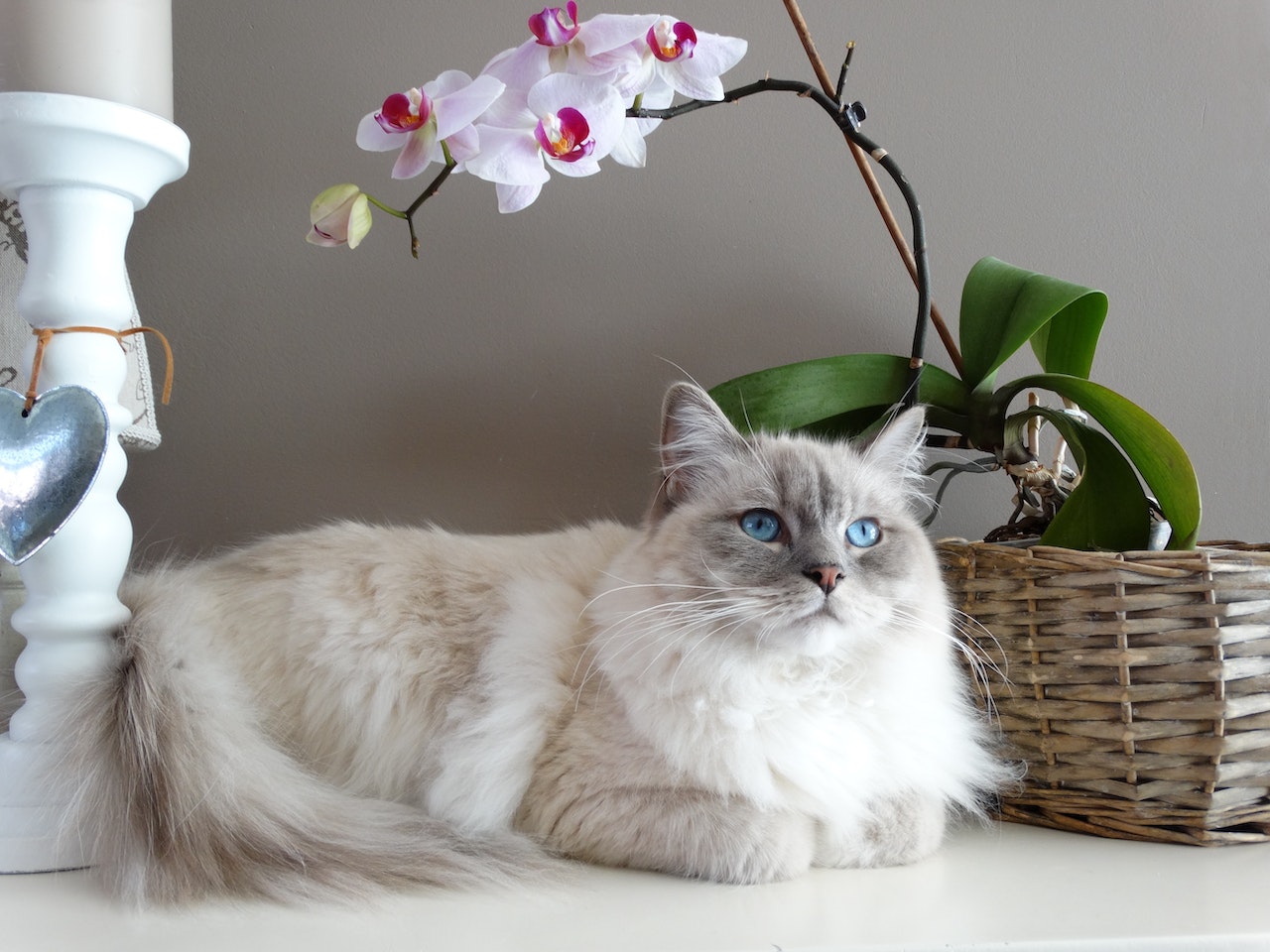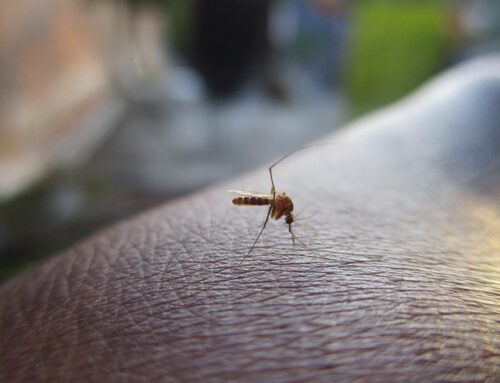As cats age, they become more susceptible to various health conditions, such as arthritis, dental issues, and kidney disease. These conditions can cause discomfort and pain and may require more frequent trips to the veterinarian. Senior cats may also experience changes in their behavior, such as becoming less active or vocal, or sleeping more than usual.
Unfortunately, senior cats are often overlooked in animal shelters, as many people prefer to adopt kittens or younger cats. This means that older cats may spend long periods of time in the shelter, which can be stressful and uncomfortable for them. By adopting a senior cat, you can give them a second chance at a happy and comfortable life, and provide them with the love and care they need in their golden years.
Older cats cause less mess
In general, senior cats are calmer and less active than younger cats. They frequently choose to relax and sleep throughout the day as opposed to racing around and creating havoc. As a result, they could be less likely to drop objects or damage furniture, and they might also be less likely to have mishaps like tipping over food bowls or litter boxes.
But, each cat is an individual, and although some younger cats may be calmer and more behaved, other older cats may still be energetic and active. Regardless of age, it’s crucial to take each cat’s personality and requirements into account when choosing which one to adopt.
Older cats need less supervision
Because they tend to be more content and less active, older cats typically need less monitoring than younger cats. Instead of racing about and getting into mischief, they are willing to spend most of their time napping or relaxing. Because of this, they may be the perfect companion for someone who is too tired or too busy to keep up with a younger cat.
Nonetheless, senior cats still require the care and consideration of their human caretakers. To keep an eye on their health and treat any aging-related issues, they could need more regular veterinary appointments. To maintain their health, they could also need a particular diet or medicines.
Older cats still take pleasure in social engagement with their human friends. They could want to play with toys, be caressed, or be cuddled. Spending time with your elderly cat may deepen your relationship and provide them the affection and company they require to flourish. In general, senior cats may need less monitoring than younger cats, but they still require care and attention from their human carers.
Adult cats are better with children
Mature cats can get along well with kids, but it’s crucial to pick one with a good disposition and watch over any interactions the cat has with the kids. Mature cats may be a better option for families with children because they tend to be more content and relaxed than kittens.
It’s crucial to choose an adult cat with a sociable and outgoing nature for a home with youngsters. Cats who are used to being around people and who don’t mind being handled would probably perform better in a family with kids. Moreover, cats who are self-assured and don’t become scared easily are less prone to lash out or scratch in reaction to sudden noises or movements from kids.
Also, it’s crucial to keep an eye on any interactions between the cat and kids, especially at first. The proper way to approach a cat and how to respect its limits should be taught to children. Parents should also be alert for any hissing, growling, or retreating behaviors that might indicate the cat is feeling threatened or uneasy. If it’s required, parents can provide the cat with a private area to withdraw to when they want to avoid interacting with kids.
Older cats have fewer daily demands
Because they are often more content and less active, older cats have fewer daily needs than younger cats. Instead of playing and running around, they are willing to spend the majority of their time napping or relaxing. This suggests they could need less care and attention from their human caretakers in terms of exercise.
Older cats might not have as many daily needs as younger cats, but they still need love and care from their human carers. They may enjoy a happy and comfortable life in their senior years if you give them the love, care, and attention they require.
Older cats are often a victim of circumstance
Older cats are often a victim of circumstance because they are frequently surrendered to animal shelters or abandoned by their owners. Many people are attracted to the idea of owning a kitten or young cat and may not consider adopting an older cat. As a result, senior cats are often overlooked and may spend long periods of time in shelters, which can be stressful and uncomfortable for them.
Notwithstanding these difficulties, senior cats make excellent pets. They frequently have training and socialization already, which makes the transfer to a new family easier. They may need less exercise and care since they are often less demanding than younger cats. Elderly cats frequently develop close relationships with the people who care for them and may be quite cuddly and caring pets.
You may offer a senior cat a second opportunity at a happy and comfortable life by adopting them, and you can provide them the love and attention they require as they age. Both you and your new kitty buddy stand to gain from the experience.




